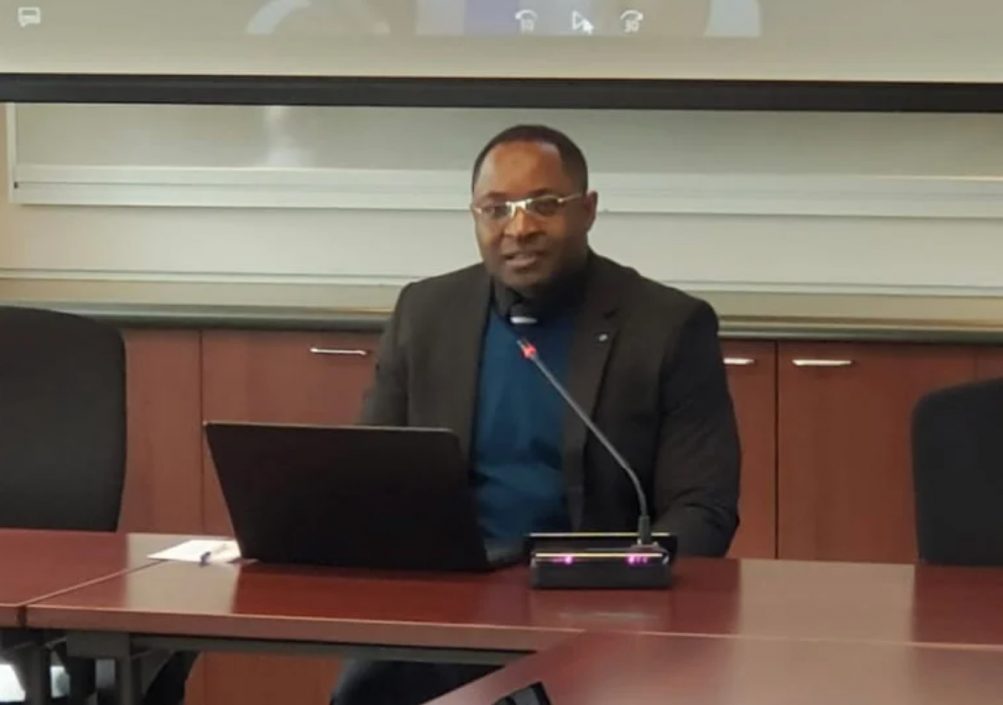Amnesty International | Peace activist Abdul Karim Ali has been arbitrarily detained without charge since 11 August 2022. While the authorities have provided no formal reason for his detention, he was interrogated repeatedly about a video he made on 9 July 2022 denouncing a Cameroonian military chief for allegedly torturing civilians.
If this is the basis for his detention, it is a violation of his right to freedom of expression. Two of Abdul Karim’s friends have also been taken into detention alongside him since then. Amnesty International is calling on the Cameroonian authorities to either charge the three men with a recognisable criminal offence or immediately release them.
The three men have appeared before the Military Tribunal of Yaoundé twice since they were transferred to the Secretary of State Defense detention centre in November 2022 but have never been presented before the State Prosecutor. None of the three men have been charged with any crime.
Abdul Karim Ali’s close family have been forced into hiding after receiving threats. Amnesty International learned that Abdul Karim Ali’s wife has received threats through anonymous calls, which have led her to flee their home. The calls warned her not to alert people outside Cameroon about his situation and asked her to bring her husband and family’s passports to the military who were detaining Abdul Karim Ali.
This is not the first time Abdul Karim Ali has been detained, apparently in relation to his activism. On 25 September 2019 he was arrested and taken to the SED where he was held, initially without access to a lawyer for five days, before finally being released without charge weeks later (1 November 2019).
Since 2016, the Cameroon authorities have been imprisoning hundreds of people simply for peacefully exercising their rights to freedom of expression and peaceful assembly. For example, five journalists are currently detained, as well as 62 people who protested at demonstrations organized by the political party the MRC. There were also hundreds of arrests at peaceful protests against the perceived discrimination against the country’s Anglophone regions. Many of the detained individuals have faced convictions by military courts on charges that criminalize freedom of expression and peaceful assembly, in violation of international human rights standards.
The detention of people simply for exercising their rights to freedom of expression and freedom of peaceful assembly is arbitrary, as it violates the African Charter on Human and Peoples’ Rights (article 6), and the International Covenant on Civil and Political Rights (article 9), ratified by Cameroon.
Furthermore, the International Convention for the Protection of All Persons from Enforced Disappearance, to which Cameroon is a signatory, prohibits enforced disappearance. According to the Convention “enforced disappearance is considered to be the arrest, detention, abduction or any other form of deprivation of liberty by agents of the State or by persons or groups of persons acting with the authorization, support or acquiescence of the State, followed by a refusal to acknowledge the deprivation of liberty or by concealment of the fate or whereabouts of the disappeared person, which place such a person outside the protection of the law.” As a state party to the Convention, Cameroon has the obligation to “refrain from acts which would defeat the object and purpose of a treaty”.
